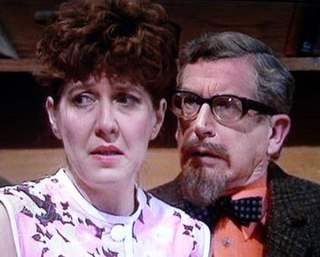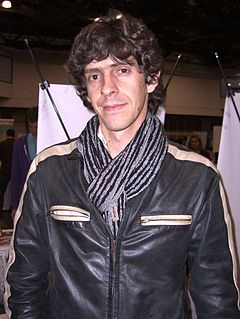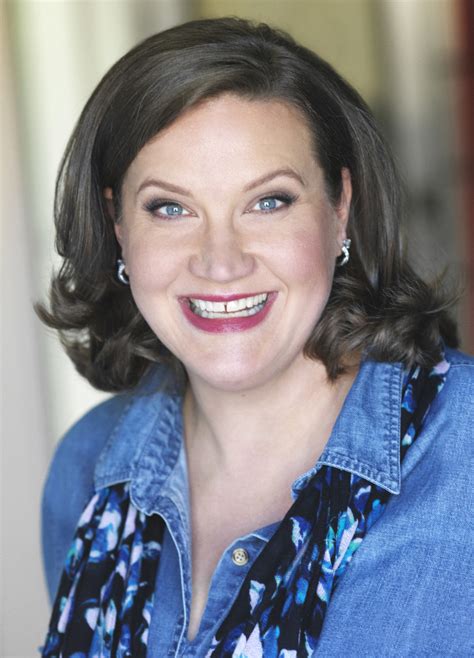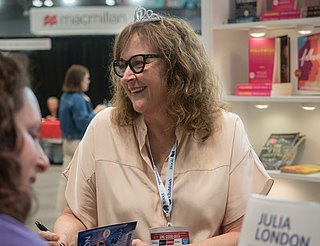A Quote by Robin Hobb
The challenge is always to find the good place to end the book. The rule I follow with myself is that every book should end where the next book would logically begin. I know that some readers wish that literally all of the threads would be neatly tied off and snipped, but life just doesn't work that way.
Related Quotes
When I was a kid my primary goal in life was to find a book that was alive. Not alive in the human sense, but like a thing that would send me to a place not otherwise accessible on Earth. This book should have hidden words encrypted beneath the printed ones, so that if I worked hard enough and discovered the code I would somehow end up inside the book, or the book would take on a body and consume me, revealing a secret set of rooms behind the wall in my bedroom, for instance, inside which anything could be.
You know, not every good book needs to be a movie, or a television series, or a video game. There's great work in those mediums, of course, but sometimes a book should remain a book. I still believe nothing tells a story with the richness and complexity of a good novel. When people say they think a book would make a good movie, they say this sometimes because, if it worked, they already saw all the images in the movie theatre that is in their brains. And sometimes that is the way it should stay.
If I were reading a book and happened to strike a wonderful passage I would close the book then and there and go for a walk. I hated the thought of coming to the end of a good book. I would tease it along, delay the inevitable as long as possible, But always, when I hit a great passage, I would stop reading immediately. Out I would go, rain, hail, snow or ice, and chew the cud.
Well, we think that time "passes," flows past us, but what if it is we who move forward, from past to future, always discovering the new? It would be a little like reading a book, you see. The book is all there, all at once, between its covers. But if you want to read the story and understand it, you must begin with the first page, and go forward, always in order. So the universe would be a very great book, and we would be very small readers.
We were never organized readers who would see a book through to its end in any sory of logical order. We weave in and out of words like tourists on a hop-on, hop-off bus tour. Put a book down in the kitchen to go to the bathroom and you might return to find it gone, replaced by another of equal interest. We are indiscriminate.
As for my writing process, there is one truth I have discovered after writing some twenty-plus books: Not every book is the same, but the middle of every book is where I really begin to question my choice of vocations. The beginning and end is usually fairly clear to me, but that middle just sucks the life right out of me.
I don’t feel that it is necessary to know exactly what I am. The main interest in life and work is to become someone else that you were not in the beginning. If you knew when you began a book what you would say at the end, do you think that you would have the courage to write it? What is true for writing and for love relationships is true also for life. The game is worthwhile insofar as we don’t know what will be the end.
I think, for me, there's The Book I Should Write and The Book I Wanted to Write - and they weren't the same book. The Book I Should Write should be realistic, since I studied English Lit. It should be cultural. It should reflect where I am today. The Book I Wanted to Write would probably include flying women, magic, and all of that.






































